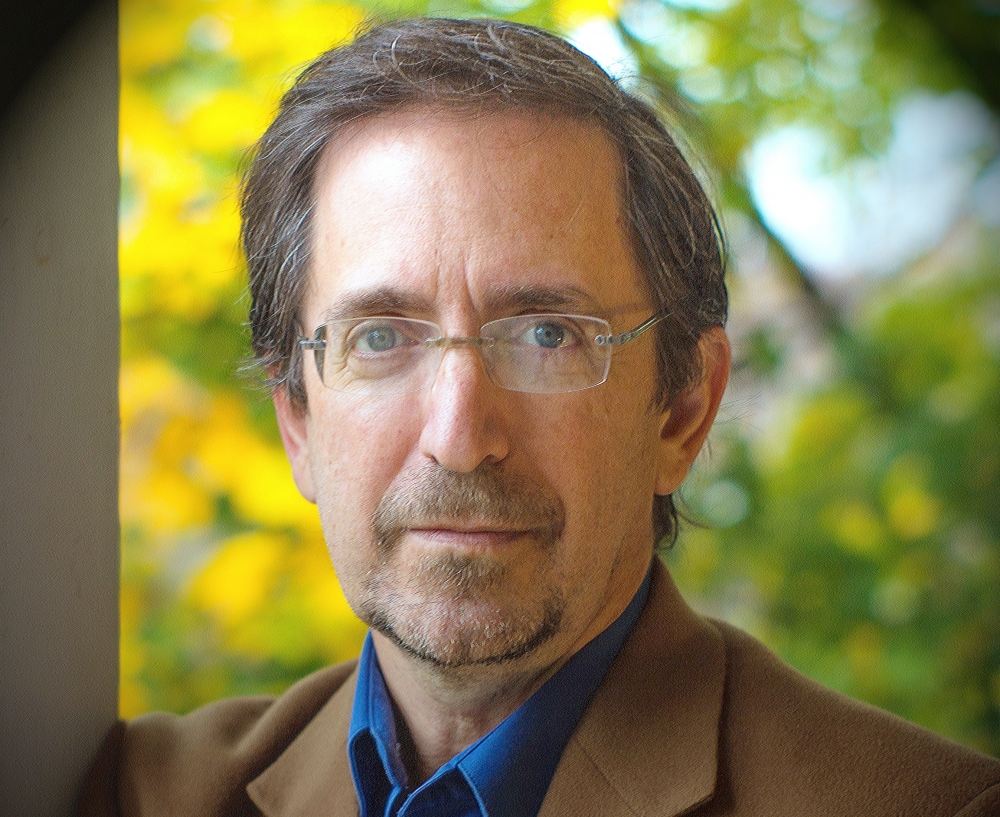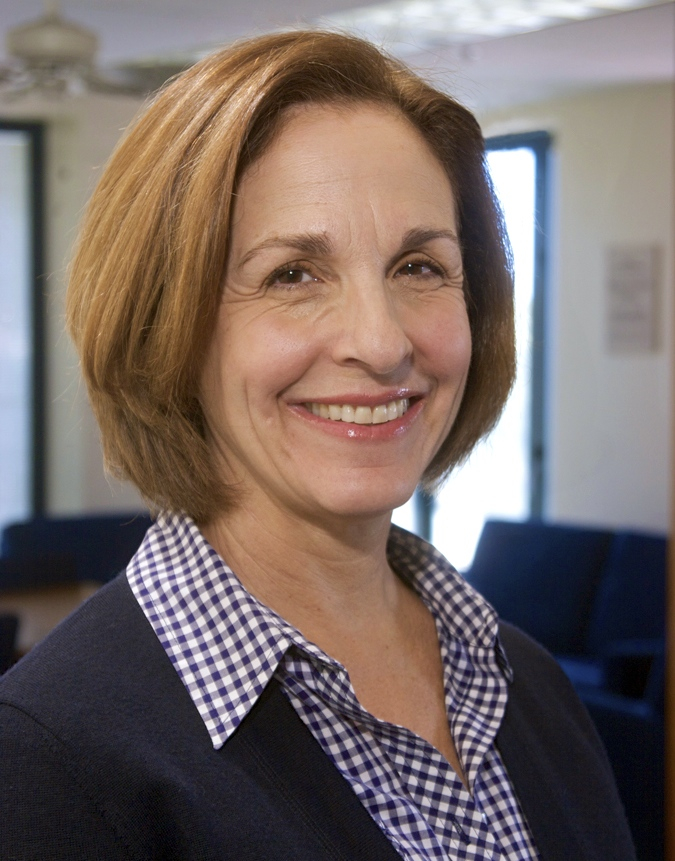
Examining the 'Anthropocene'

Andrew Revkin, an environmental writer whose Dot Earth blog for The New York Times was listed among the top 25 blogs of 2013 by Time magazine, is one of the leading chroniclers of an era that inspires both fear and impassioned calls to action.
In a talk at UC Santa Barbara on Thursday, Nov. 13, Revkin will outline a new approach for moving away from guilt and blame about how humans have altered the planet toward one that builds on our capacity for innovation and change. Other organisms have affected Earth’s atmosphere, Revkin notes, but humans stand apart because we alone are aware of what we are doing to the world.
Revkin’s lecture, “Charting a ‘Good’ Path in a Turbulent Age,” is part of a yearlong series presented by UCSB’s Interdisciplinary Humanities Center (IHC). The series, “The Anthropocene: Views From the Humanities,” takes its cue from a term newly coined to describe our current era and represents the IHC’s commitment to engaging humanistic practices to address issues of far-reaching social consequence.
Revkin, a Guggenheim Fellow whose book on rainforest defender Chico Mendes was made into the movie “The Burning Season,” will speak at 4 p.m. in the McCune Conference Room, 6020 Humanities and Social Sciences Building, at UCSB. His talk and all other events in the series are free and open to the public.
The Anthropocene, a term popularized by Nobel Prize-winning atmospheric chemist Paul J. Crutzen, “is a word, a concept, a phenomenon, that has been circulating in public discourse,” said Susan Derwin, director of the IHC.
Although technically we live in the Holocene Epoch, the geologic era that began with the end of the last major Ice Age, scientists and other 21st-century leaders are widely adopting Crutzen’s term. The Anthropocene is upon us, they say, an age in which human activity is changing the natural world, from the climate to the very levels of the seas.
“It’s a topic that could catalyze the campus — many people are working on it, and the humanities has much to contribute to the understanding of its far reaching implications and the fundamental questions it raises about humanity’s place on the planet and the way we understand our relationship with the environment,” Derwin said.
“The Anthropocene” will examine a very scientific theme through the lens of the arts and the humanities, with a wide variety of events such as scholarly discussions, film screenings and appearances by a poet and a comic artist.
Yet the Anthropocene is largely about our physical world. So among the fall quarter programs will be talks on the burgeoning local food movement, issues related to waste and waste products and concerns about water. On Tuesday, Nov. 18, David A. Cleveland, a professor of environmental studies and author of the book, “Balancing on a Planet: The Future of Food and Agriculture,” will discuss whether local food can deliver all the benefits some seek. A reception featuring samples of local foods will follow Cleveland’s talk. The event is co-sponsored by the UCSB Library’s Pacific Views Speaker Series.
Nicholas C. Kawa, an environmental anthropologist at Ball State University, will give a talk titled “Into the Bowels of the Anthropocene: Excrement and the Current Ecological Crisis” on Thursday, Nov. 20; and Dick Hebdige, UCSB professor of film and media studies and of art, will draw on Hollywood images for his lecture, “High and Dry: On Deserts and Crisis,” on Thursday, Dec. 4.
Other events in the yearlong series include the 2015 Arthur N. Rupe Great Debate, with participants arguing in support of and in opposition to the public alarm over genetically engineered crops, commonly referred to as GMOs, or genetically modified organisms; and a two-day conference titled “Approaching the Anthropocene: Perspectives from the Humanities and Fine Arts.”
More information about the series, including a schedule of events and locations, can be found at http://www.ihc.ucsb.edu/series/anthropocene.



